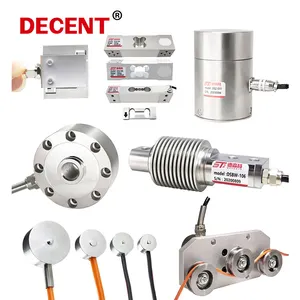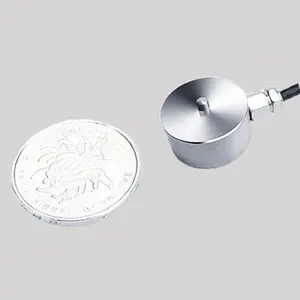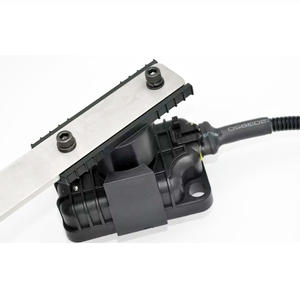A Comprehensive Guide to Axle Load Sensors
The axle load sensor is an essential component in the realm of vehicle weighing and management systems. These sensors are designed to measure the weight on a vehicle's axle and are crucial for ensuring safety, compliance, and longevity of roadways. This category encompasses a variety of sensors, each tailored to different applications and requirements.
Understanding Axle Load Sensor Applications
Application of axle load sensors spans across various industries, from transportation to logistics and construction. They are integral in preventing overloading, which can lead to vehicle damage and road deterioration. In logistics, these sensors facilitate accurate load distribution, crucial for vehicle stability and cargo safety. Moreover, their role in toll collection systems and weight-based compliance checks underscores their importance in infrastructure maintenance and safety.
Types and Features of Axle Load Sensors
Diversity in types of axle load sensors allows for a broad range of applications. The axle load cell, for instance, is a variant known for its precision in measuring the static and dynamic load on a vehicle's axle. These sensors come with features such as temperature compensation and corrosion resistance, ensuring reliability under various environmental conditions. Additionally, the robust construction of these sensors ensures longevity and consistent performance.
Installation and Integration
The process of axle load sensor installation is critical for accurate readings and long-term functionality. These sensors are engineered for ease of integration into existing systems, with minimal disruption. Proper installation ensures that the sensors accurately relay information to monitoring systems, which is vital for real-time load management and safety compliance.
Materials and Durability
Materials used in the construction of axle load sensors are selected for their durability and performance. High-grade metals and alloys are commonly used to withstand the rigors of heavy loads and environmental stressors. This material selection contributes to the sensor's ability to deliver precise measurements over an extended service life.
Advantages of Utilizing Axle Load Sensors
The advantages of using axle load sensors are manifold. They play a pivotal role in protecting infrastructure by preventing overloading, thus reducing maintenance costs and extending the lifespan of roadways. For businesses, these sensors aid in optimizing fuel consumption and avoiding penalties related to weight regulations. The data provided by these sensors is invaluable for fleet management, ensuring operational efficiency and safety.
Incorporating axle load sensor price considerations into procurement decisions, buyers can find a range of options to meet their specific needs without compromising on quality. While the price is a factor, the focus remains on the sensor's capability to deliver accurate, reliable data for vehicle load management.









































 浙公网安备 33010002000092号
浙公网安备 33010002000092号 浙B2-20120091-4
浙B2-20120091-4